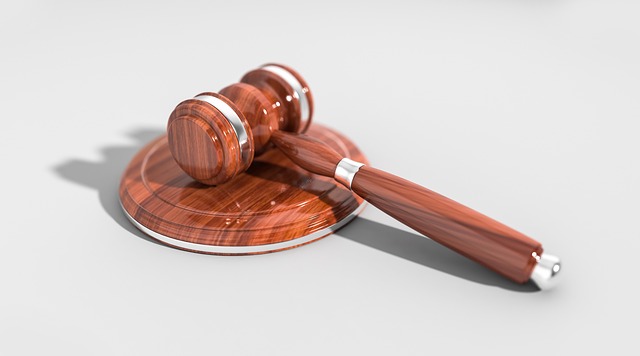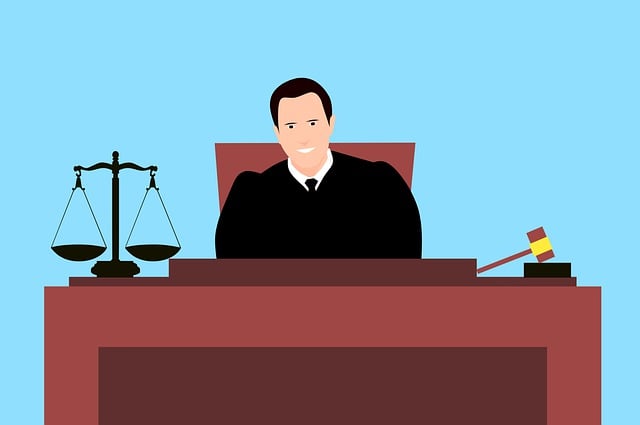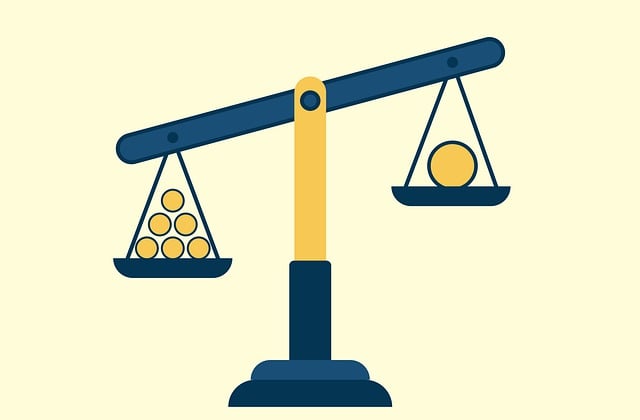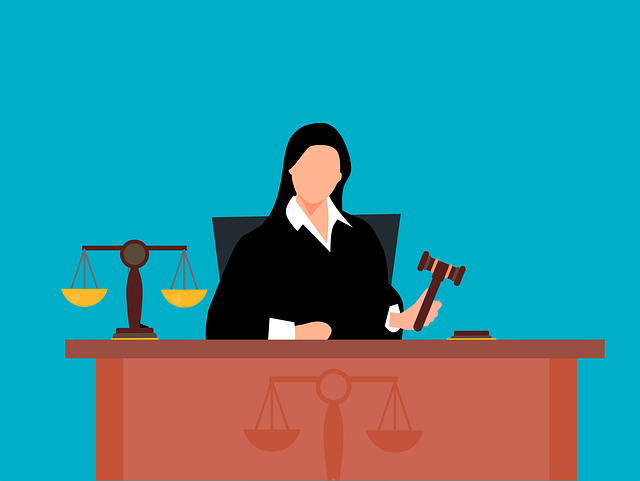Slip and fall incidents in stores can lead to severe psychological trauma, including shock, embarrassment, anxiety, and PTSD, complicating legal disputes and increasing victims' stress. Understanding these emotional responses is crucial for supporting victims, who may pursue compensation through insurance claims or lawsuits with the help of an experienced lawyer. Mitigating emotional trauma requires businesses to implement robust safety protocols, such as regular cleaning, proper lighting, clear signage, staff training, quick response times, and effective communication, fostering a safer environment and enhancing the overall store experience.
Store slip and fall accidents go beyond physical injuries; they leave a profound emotional impact on victims. This article delves into the psychological aftermath of such incidents, exploring how they trigger anxiety, fear, and depression. We discuss the legal implications for both victims and businesses, highlighting the importance of support systems for injured parties. Additionally, we examine preventive measures and safety protocols that can mitigate emotional trauma, emphasizing the role of proactive store safety measures in fostering a secure shopping environment.
- The Psychological Aftermath: Understanding the Emotional Response to Slip and Fall Incidents in Stores
- Legal Implications and Support for Victims of Store Slip and Falls
- Preventive Measures: Mitigating Emotional Trauma through Improved Store Safety Protocols
The Psychological Aftermath: Understanding the Emotional Response to Slip and Fall Incidents in Stores

Slip and fall incidents in stores can have a profound psychological impact on victims, often leading to long-lasting emotional trauma. The immediate reaction is typically one of shock and fear, as individuals process the unexpected nature of the accident. This initial response can quickly evolve into feelings of embarrassment, especially if there are witnesses present or if the incident occurs in a public space. Many people experience anxiety and worry about potential injuries, medical bills, and how this event might affect their daily lives and future mobility.
The aftermath of such accidents often involves a complex web of insurance disputes, commercial disputes over store liability, and even employment contracts if the victim is an employee. These legal aspects can add to the emotional burden, creating stress and uncertainty. The psychological impact may also extend to post-traumatic stress disorder (PTSD), particularly in frequent slip and fall cases, where individuals relive the incident and experience heightened arousal when encountering similar environments or situations. Understanding these emotional responses is crucial in providing adequate support and resources for victims of store slip and fall accidents.
Legal Implications and Support for Victims of Store Slip and Falls

When a customer slips and falls in a store due to a hazardous condition, it’s not just an injury; it can be a traumatic event with significant emotional and legal repercussions. The legal implications of a store slip and fall accident are multifaceted. Victims may face medical bills, lost wages, and ongoing pain and suffering. Moreover, the emotional toll cannot be understated, as such incidents can lead to anxiety, fear, and even depression for those affected.
In such cases, victims have legal rights. They may pursue compensation through insurance disputes or by filing a lawsuit against the store or property owner if it’s found negligent. Engaging an experienced accident lawyer is crucial in navigating these complexities. These professionals can guide victims through the process, ensuring they receive the support and justice they deserve for their physical and emotional injuries stemming from defective products or unsafe conditions in stores.
Preventive Measures: Mitigating Emotional Trauma through Improved Store Safety Protocols

Preventive measures play a pivotal role in mitigating the emotional trauma associated with store slip and fall accidents. By implementing robust safety protocols, businesses can significantly reduce such incidents and create a safer environment for patrons. This includes regular cleaning and maintenance of floors to eliminate slippery surfaces, proper lighting to improve visibility, and clear signage to alert customers about potential hazards.
Moreover, training staff on accident prevention techniques, such as quick response times and effective communication with customers, can greatly enhance client recovery. In the event of an accident, a well-prepared team can provide immediate assistance, ensuring that individuals receive the necessary medical attention and emotional support. This proactive approach, akin to preventing nursing home neglect, fosters a sense of security and peace of mind for visitors, ultimately contributing to improved overall store experience.
Slip and fall accidents in stores can have significant emotional impacts, as discussed throughout this article. The psychological aftermath, legal implications, and the need for improved safety protocols underscore the importance of addressing these incidents proactively. By understanding the emotional response and implementing effective preventive measures, businesses can mitigate both physical and psychological harm to victims, fostering a safer environment for all patrons.






